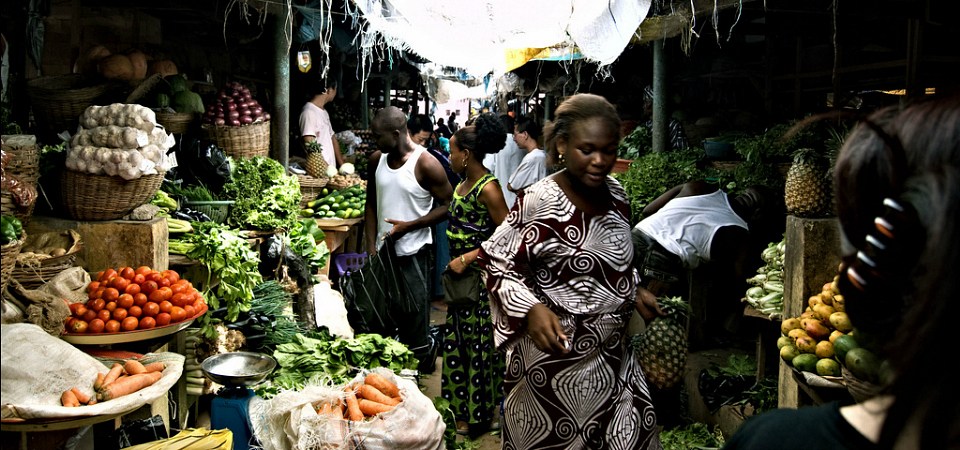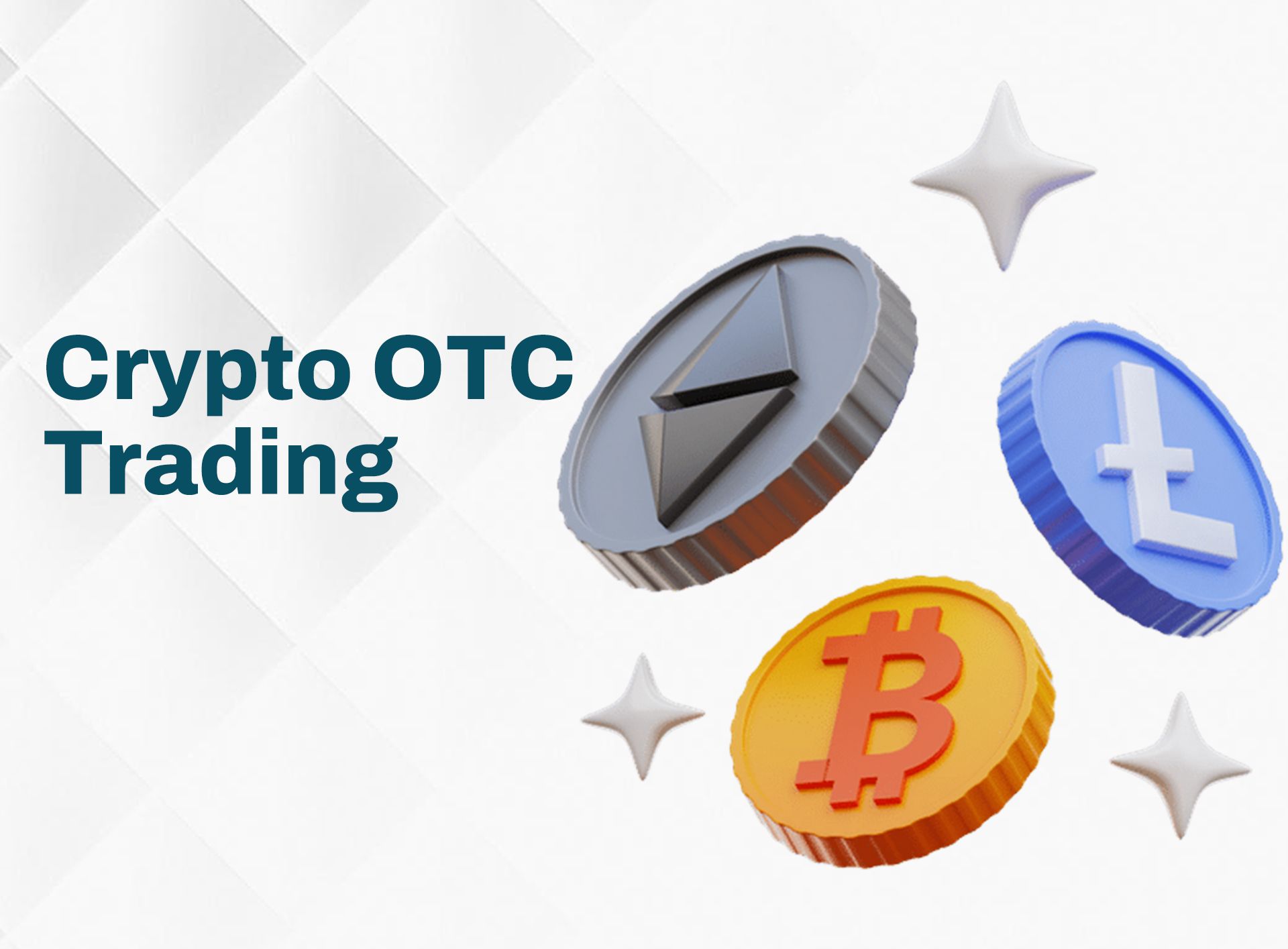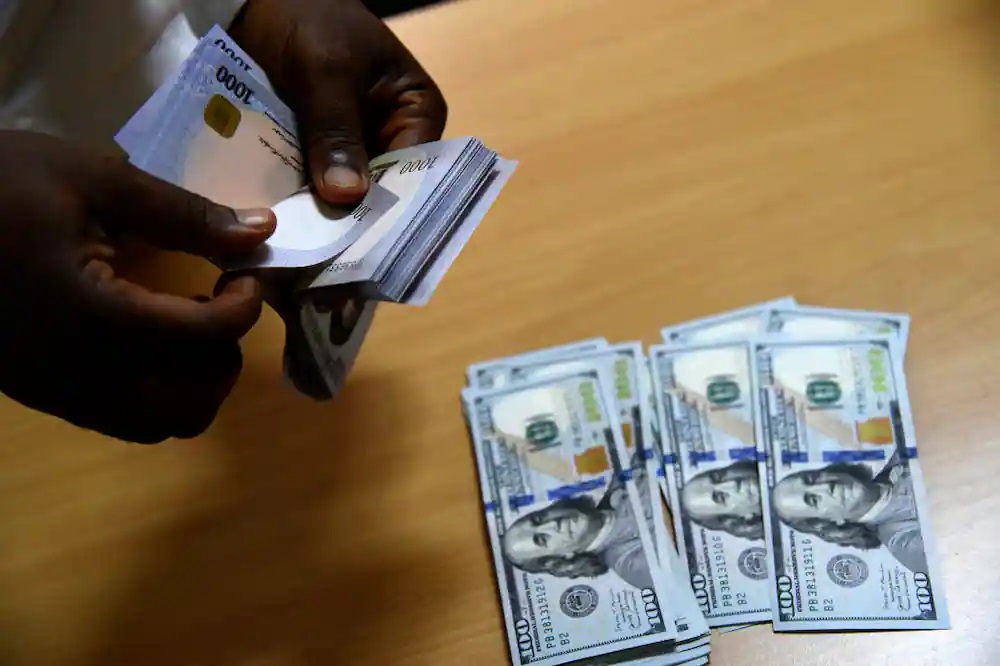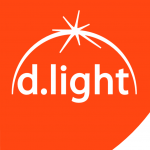Economy
Nigeria’s Inflation Rises to 11.23% in August after 18th Consecutive Decline

By Dipo Olowookere
Inflation rate in Nigeria suffered a slight decline in the month of August 201 after recording an 18th consecutive decline, data from the National Bureau of Statistics (NBS) has revealed.
The inflation numbers released on Friday afternoon by the stats office said the Consumer Price Index (CPI), which measures the average change over time in prices of goods and services consumed by people for day-to-day living (inflation), increased by 0.09 percent to 11.23 percent (year-on-year) in August 2018 from 11.14 percent in July 2018.
This is the first year-on-year rise in headline inflation following 18th consecutive disinflation in headline inflation.
NBS said increases were recorded in all COICOP divisions that yielded the Headline index.
On month-on-month basis, the headline index moderated to 1.05 percent in August 2018, down by 0.08 percent points from the rate recorded in July 2018, 1.13 percent.
The percentage change in the average composite CPI for the twelve months period ending August 2018 over the average of the CPI for the previous twelve months period was 13.55 percent, showing 0.4 percent point from 13.95 percent recorded in July 2018.
The urban inflation rate increased by 11.67 percent (year-on-year) in August 2018 from 11.66 percent recorded in July 2018, while the rural inflation rate increased by 10.84 percent in August 2018 from 10.83 percent in July 2018.
On a month-on-month basis, the urban index rose by 1.00 percent in August 2018, down by 0.23 from 1.23 percent recorded in July, while the rural index also rose by 0.96 percent in August 2018, down by 0.22 percent from the rate recorded in July 2018, 1.18 percent.
The corresponding twelve-month year-on-year average percentage change for the urban index is 13.95 percent in August 2018. This is less than 14.33 percent reported in July 2018, while the corresponding rural inflation rate in August 2018 is 13.21 percent compared to 13.64 percent recorded in July 2018.
A look at the composite food index showed a rise to 13.16 percent in August 2018 from 12.85 percent in July 2018.
This rise in the food index was caused by increases in prices of Bread and cereals, Potatoes, yam and other tubers, Meat, Vegetables, Fish, Fruits and Oils and Fat, the stats office said.
On month-on-month basis, the food sub-index increased to 1.42 percent in August 2018, up by 0.02 percent points from 1.40 percent recorded in July.
The average annual rate of change of the Food sub-index for the twelve-month period ending August 2018 over the previous twelve-month average was 16.50 percent, 0.6 percent points from the average annual rate of change recorded in July, 17.10 percent.
Economy
NASD Unlisted Security Index Crosses 4,000 Basis Points

By Adedapo Adesanya
The NASD Over-the-Counter (OTC) Securities Exchange further appreciated by 0.67 per cent on Monday, February 16.
During the session, the NASD Unlisted Security Index (NSI) reached another milestone after it chalked up 26.65 points to 4,001.42 points from the preceding session’s 3,974.77 points.
Equally, the market capitalisation added N15.94 billion to end the trading day at N2.394 trillion, in contrast to last Friday’s N2.378 trillion.
Yesterday, the volume of securities rose by 389.6 per cent to 46.2 million units from 9.4 million units, but the value of securities went down by 24.3 per cent to N703.6 million from N703.6 million, and the number of deals dipped 2.2 per cent to 44 deals from the preceding session’s 45 deals.
Central Securities Clearing System (CSCS) Plc was the most traded stock by value on a year-to-date basis with 31.4 million units exchanged for N1.8 billion, followed by Resourcery Plc with 1.05 billion units traded for N408.6 million, and Geo-Fluids Plc with 71.2 million units valued at N296.9 million.
Resourcery Plc finished the trading session as the most traded stock by volume on a year-to-date basis with 1.05 billion units worth N408.6 million, trailed by Geo-Fluids Plc with 71.2 million units sold for N296.9 million, and CSCS Plc with 31.4 million units sold for N1.8 billion.
During the trading session, there were four price gainers and one price loser, led by CSCS Plc, which went down by 38 Kobo to N80.09 per share versus last Friday’s closing value of N80.47 per share.
However, MRS Oil Plc increased its price by N17.00 to N187.00 per unit from N170.00 per unit, FrieslandCampina Wamco Nigeria Plc gained N5.83 to trade at N71.35 per share compared with the previous session’s N65.52 per unit, Geo-Fluids Plc appreciated by 20 Kobo to N3.50 per share from N3.30 per share, and First Mortgage Bank Plc grew by 7 Kobo to 82 Kobo per unit from N75 Kobo per unit.
Economy
Understanding Over-the-Counter Crypto Deals and Their Practical Use

As digital asset markets mature, professional traders and institutions increasingly look beyond public order books for more efficient execution. Many begin by exploring crypto otc services, which are designed to facilitate large-volume transactions without the market impact often seen on traditional platforms. To understand why this model has gained traction, it helps to look at how it works and what sets it apart from standard trading methods.
At its core, OTC trading refers to the direct exchange of assets between two parties outside of a public marketplace. Instead of placing orders on an open platform where prices are visible to everyone, participants negotiate terms privately, often with the assistance of a broker or institutional desk. This approach has become especially popular among high-net-worth individuals, funds, and companies managing significant digital asset positions.
How OTC Trading Differs From Traditional Markets
Most retail traders interact with the crypto market through a centralized exchange, where buy and sell orders are matched automatically via an order book. While this model works well for smaller trades, it can be inefficient for large transactions. Substantial orders placed on a public exchange may move the market price, resulting in slippage and unfavorable execution.
OTC trading avoids this issue by removing large transactions from public view. Prices are agreed upon in advance, allowing both sides to execute at known terms without affecting broader market conditions. This makes OTC desks particularly useful during periods of volatility or when handling block trades.
Who Uses OTC Crypto Trading?
OTC services are commonly used by institutional investors, miners, family offices, and corporate treasuries. These participants often deal with volumes that exceed typical market depth on public platforms. By working through an OTC desk, they can buy or sell large amounts of cryptocurrency efficiently and discreetly.
Another key advantage is access to tailored execution. Rather than relying on automated matching, OTC trades are often supported by human traders who help structure deals, source counterparties, and manage settlement. This personalized approach adds a layer of confidence for participants handling high-value transactions.
The Role of Liquidity and Execution
A critical element of successful OTC trading is access to deep liquidity. OTC desks aggregate demand from multiple sources, enabling them to match large orders without delay. This ensures that even substantial trades can be executed smoothly, often at more competitive prices than those available on public markets during the same period.
Because OTC trades are negotiated directly, participants also gain more control over timing and settlement. This flexibility is particularly valuable for organizations that need to coordinate trades with internal treasury operations or external obligations.
Privacy and Risk Management
One of the defining benefits of OTC crypto trading is privacy. Since transactions are not visible on public order books, they do not signal intent to the wider market. This reduces the risk of front-running, speculative reactions, or unwanted attention—concerns that are especially relevant for large or strategic trades.
OTC desks also help manage counterparty risk by acting as intermediaries or facilitators. Reputable providers conduct due diligence, ensure secure settlement processes, and often operate within established compliance frameworks. This adds an additional layer of protection compared to informal peer-to-peer transactions.
How WhiteBIT Supports OTC Trading
WhiteBIT offers an institutional OTC service designed to meet the needs of professional market participants. Its OTC desk provides personalized execution, competitive pricing, and structured settlement processes, allowing clients to execute large trades efficiently and securely. By combining market expertise with robust infrastructure, WhiteBIT helps clients navigate complex transactions without disrupting broader market conditions.
OTC crypto trading has become an essential tool for participants who prioritize efficiency, discretion, and control. By operating outside public order books, it enables large-scale transactions to be executed smoothly while minimizing market impact. As digital asset markets continue to evolve, OTC services will remain a vital component of the institutional trading landscape, offering a practical alternative to traditional exchange-based execution.
Economy
Naira Improves to N1,347/$1 at NAFEX on FX Liquidity, Inflation Data Boost

By Adedapo Adesanya
The Naira improved its value against the US Dollar by N7.64 or 0.56 per cent in the the Nigerian Autonomous Foreign Exchange Market (NAFEX) on Monday, February 16 to N1,347.78/$1, in contrast to the preceding session’s N1,355.42/$1.
In the same vein, the local currency appreciated against the Pound Sterling in the official market yesterday by N5.41 to sell for N1,839.18/£1 versus last Friday’s closing price of N1,844.59/£1, and gained N9.78 on the Euro to close at N1,598.06/€1 compared with the N1,607.93/€1 it was traded in the previous trading day.
However, at the GTBank forex counter, the Naira lost N2 against the greenback to quote at N1,367/$1 versus the preceding session’s closing value of N1,365/$1, and at the parallel market, it remained unchanged at N1,420/$1.
The currency’s gain was supported by improved FX supply levels after last week’s elevated demand pressures. Licensed Bureaux De Change (BDC) operators fully entered into the official segment taking away some of the delayed demand.
Their presence is expected to boost liquidity and flow while other supply sources including exporters , non-bank corporate, and other market participants pause stoked pressures on the exchange rate.
Latest update revealed that Nigeria’s gross external reserves stayed stronger, adding $135.76 million day-on-day, bringing the total reserves to $47.81 billion.
Further support also came as the National Bureau of Statistics (NBS) said Nigeria’s headline inflation rate decelerated to 15.10 per cent in January, down from the 15.15 per cent recorded in December 2025. The January 2026 print showed a decrease of 0.05 per cent compared to the December 2025 Headline inflation rate while on an annualised basis, it was 12.51 per cent lower than the rate recorded in January 2025 (27.61 per cent).
This development strengthens the case for a rate cut when the Monetary Policy Committee (MPC) meets next week.
In the cryptocurrency market, the tokens tracked ended in green as traders remained cautious despite US interest rate data raising odds of rate cuts by the Federal Reserve in June after a report that showed inflation rose less than expected in January.
The backdrop of the weak US consumer price index data released last week that kept hopes of the US central bank rate cuts alive.
The CPI growth slowed to 2.4 per cent year-on-year in January from 2.7 per cent in December, the official data showed, reinforcing expectations for at least two 25 basis point rate cuts.
Cardano (ADA) added 2.8 per cent to trade at $0.2861, Litecoin (LTC) improved by 2.2 per cent to $55.09, Solana (SOL) appreciated by 1.9 per cent to $86.42, Binance Coin (BNB) jumped 1.8 per cent to $623.25, Ripple (XRP) grew by 1.5 per cent to $1.47, and Ethereum (ETH) soared by 0.9 per cent to $1,977.54.
On the flip side, Dogecoin (DOGE) depleted by 1.9 per cent to $0.0999, and Bitcoin went down by 0.2 per cent to $68,300.03, while the US Dollar Tether (USDT) and the US Dollar Coin (USDC) closed flat at $1.00 each.
-

 Feature/OPED6 years ago
Feature/OPED6 years agoDavos was Different this year
-
Travel/Tourism10 years ago
Lagos Seals Western Lodge Hotel In Ikorodu
-

 Showbiz3 years ago
Showbiz3 years agoEstranged Lover Releases Videos of Empress Njamah Bathing
-

 Banking8 years ago
Banking8 years agoSort Codes of GTBank Branches in Nigeria
-

 Economy3 years ago
Economy3 years agoSubsidy Removal: CNG at N130 Per Litre Cheaper Than Petrol—IPMAN
-

 Banking3 years ago
Banking3 years agoSort Codes of UBA Branches in Nigeria
-

 Banking3 years ago
Banking3 years agoFirst Bank Announces Planned Downtime
-

 Sports3 years ago
Sports3 years agoHighest Paid Nigerian Footballer – How Much Do Nigerian Footballers Earn












